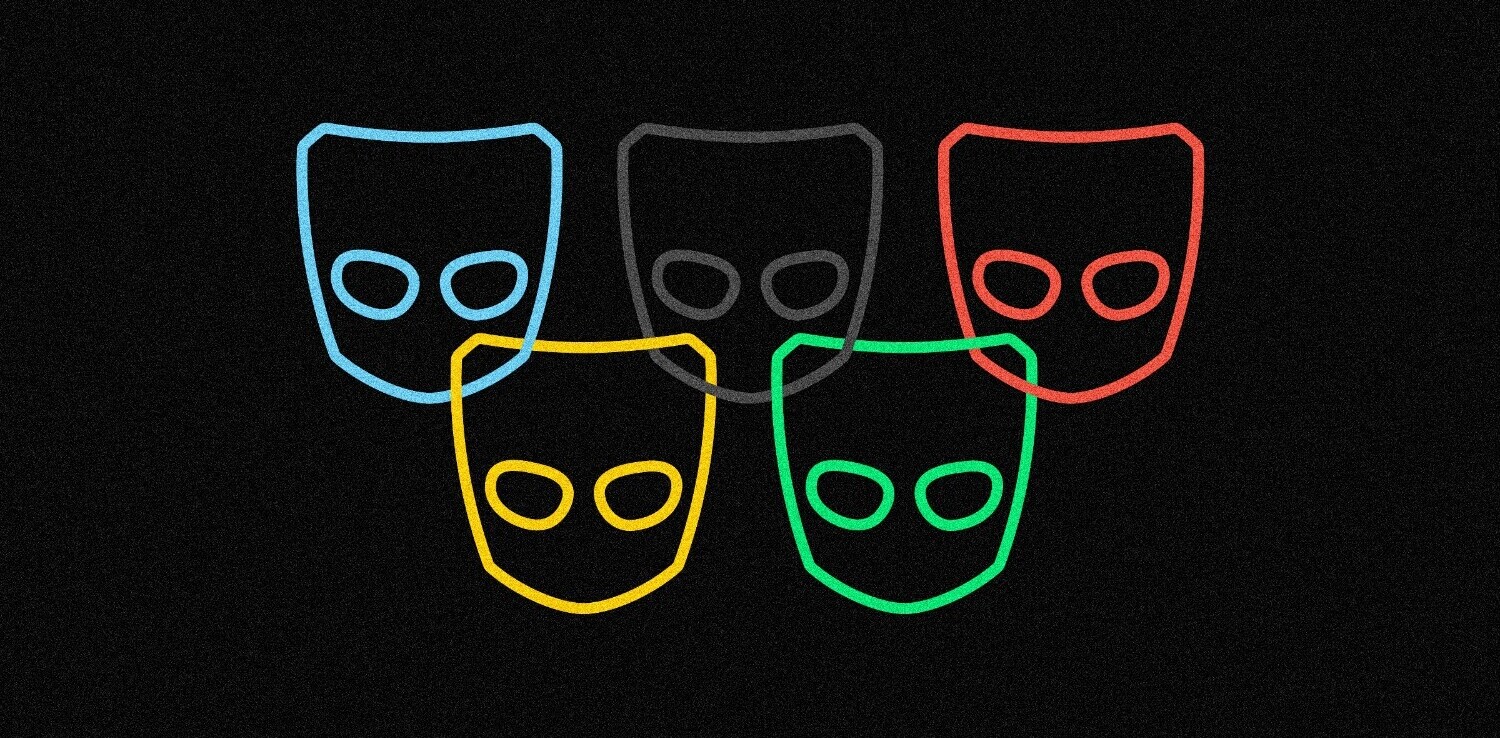
This article was originally published on Built In by David Ryan Polgar.
“Maybe Twitter should be a nonprofit,” said the high-level Trust and Safety employee. We were standing in Twitter’s San Francisco headquarters discussing the company’s current calamities, namely high levels of hate and harassment and low levels of actual profitability.
Rumors were swirling about its possible impending sale. My companion clearly believed that the company was important to the future of communication and, by extension, of democracy itself.
Unfortunately, its ad-based business model was in obvious conflict with serving the public interest. If a platform centers its revenue around engagement, it has a strong incentive to feed users engaging content that may be bad for civil discourse. And besides, despite its cultural significance, Twitter was struggling financially; perhaps it was in an ill-fitting business structure to begin with.
That isn’t a future I’d want to live in.
This happened in October 2016. Twitter was hosting the Digital Citizenship Summit, an event that I had co-founded and was organizing with speakers and attendees coming in from around the world to discuss online safety, digital well-being and media literacy. Two days before this conversation, as I was flying to San Francisco, the company’s internal turmoil threatened to totally derail the gathering. Both Salesforce and Disney were rumored to be interested in purchasing the company.
David Ryan Polgar speaks on MSNBC
Since that time, Twitter has posted a profit loss almost every year. Disney pulled out of negotiations because of its concerns that abuse on the platform would be bad for its squeaky clean image.
“Like a lot of these platforms,” remarked Disney CEO Bob Iger, referring to social media in general, “they have the ability to do a lot of good in our world. They also have an ability to do a lot of bad. I didn’t want to take that on.”
Five-plus years later, we’re still in the same predicament. Social media companies like Twitter have morphed — whether their founders intended them to or not — into important social institutions with grave consequences for both the future of democracy and the human condition. Yet these platforms still remain constrained by their structures as for-profit companies with a duty to their shareholders.
Whether Mark Zuckerberg or Elon Musk (if the Twitter deal goes through) are acting in the best interest of the public as they lead their respective companies is missing the larger point: They should never have such unchecked power. To allow such is to enter a future where the public is vulnerable to billionaires’ whims as they shape the future of communication. That isn’t a future I’d want to live in.
What is the future of social media?
Social media companies like Twitter have morphed into important social institutions with grave consequences for both the future of democracy and the human condition. Yet these platforms still remain constrained by their structures as for-profit companies with a duty to their shareholders. Their growth into de facto public town squares should necessitate radically reimagining their business structure, transforming into nonprofits or benefit corporations.
Free expression doesn’t mean the absence of moderation
“Free expression” is a phrase getting tossed around a lot today in relation to social media platforms, particularly regarding content moderation decisions. Unfortunately, the phrase tends to be misconstrued.
“Free speech isn’t about saying whatever comes to mind,” said Suzanne Nossel, CEO of PEN America, a nonprofit organization that works to defend and celebrate the free expression of writers across the globe. “It’s about protecting the right to engage. That’s what makes deliberation and democracy possible.”
No single person should ever have that much power in a healthy democracy.
Nossel was speaking at the recent Responsible Tech Summit: Improving Digital Spaces event organized by All Tech Is Human, the nonprofit I run that is dedicated to improving the responsible tech ecosystem.
Elon Musk’s entire argument about Twitter is based on a flawed premise: He seems to believe that reducing the number of content moderation decisions and guidelines promotes free speech. It doesn’t.
Instead, it simply transfers the power to make complex decisions about free speech from the public domain to a mercurial billionaire. That’s not progress; it’s a dystopian future. Society becomes trapped in a “benevolent dictatorship” where we have to hope that he makes the right decision. No single person should ever have that much power in a healthy democracy.
Musk, whether he recognizes it or not, has set up a paradox of sorts in his approach to Twitter. “Given that Twitter serves as the de facto public town square, failing to adhere to free speech principles fundamentally undermines democracy,” he tweeted on March 26.
But for Musk to recognize Twitter’s public role eliminates his very authority to privately govern it. In other words, public squares are governed publicly, not privately. To imagine ceding that authority to one person should send shivers down your spine.
If Twitter is truly the de facto public square, that should necessitate far greater governmental involvement to ensure fairness, accountability and transparency. You know, the stuff we have in a functioning democracy.
Twitter’s growth into a “de facto public town square,” I would argue, should necessitate its radically reimagining its business structure, transforming into a nonprofit or benefit corporation, which is a legal structure that includes the overall benefit to society as an objective of the business, not just maximizing profits.
If the platform immensely affects the public — as both Jack Dorsey and Elon Musk argue it does — its business model should serve the public interest and not shareholders or the ego of a company leader.
Where do we go from here?
I like to say that there’s no magic button for fixing the problems facing social media platforms. The current state of social media is a Gordian Knot, an impossibly difficult, tangled web of complexity that humbles the countless thought leaders and organizations who offer solutions.
To reduce hate speech on platforms is to surrender a substantial amount of power to those platforms in determining appropriateness. To tackle misinformation on social media turns companies with limited transparency and public accountability into arbiters of truth.
It isn’t that social media companies are making the wrong decisions, but rather that there are no right decisions to be made. Making determinations regarding speech means diving headfirst into a messy world of tradeoffs. The public allows the government to make these difficult decisions because we exercise power through the political process. That isn’t the case with social media platforms, however.
Anything less is anti-democratic.
In my opinion, the only way to undo this Gordian Knot is that social media must tie together the roles of government and platforms more closely. In order to untangle, we may need to become more tangled.
What would this look like? Well, in the near term, it would mean that platforms continue building out the trappings of democratic structures to adjudicate issues of fairness and accountability and exercise oversight.
We separate our branches of government in the U.S. into a group that makes laws (legislative), one that enforces them (executive), and one that interprets them (judicial). Social media platforms will need a similarly clear separation between departments that develop terms of service and community guidelines, enforce those rules, and interpret them when issues arise. This is exactly why the Oversight Board was originally dubbed Facebook’s Supreme Court — it has a similar structure and goal.
Given that the general public often relates to platforms in a quasi-governmental fashion, platforms will increasingly move in that direction. What hasn’t happened yet, however, is the creation of more reliable ways to ensure transparency. Right now, we tend to rely on platforms to develop their own advisory councils and provide reporting; in the coming years, this will likely be government-appointed officials and boards that are interwoven with tech companies to be social media ombudspersons.
For any platform that evolves into a de facto public square, the public has to be involved in its oversight. Anything less is anti-democratic.
Get the TNW newsletter
Get the most important tech news in your inbox each week.





